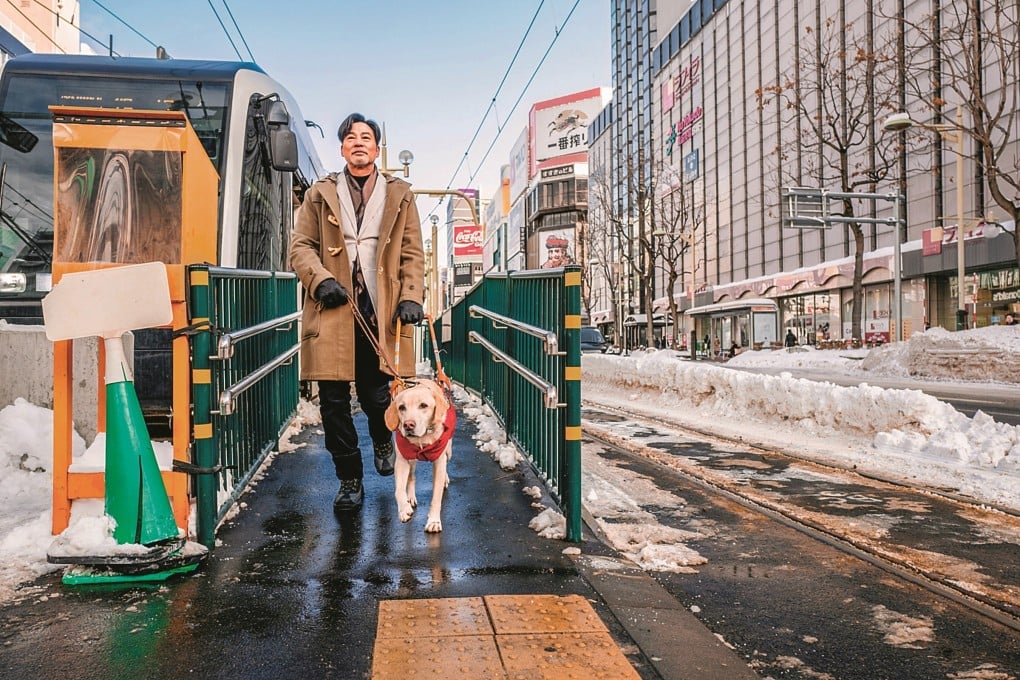Hong Kong filmmaker on Little Q, his ‘sunny and positive’ dog’s eye view of the world
- The new film from Law Wing-cheong, who cut his teeth on Johnnie To action movies and crime thrillers, is a gentle feature about a chef and his guide dog
- As well as touching film-goers, Law hopes it will raise awareness of Hong Kong’s need for more guide dogs – there are only 30 working today

Hong Kong filmmaker Law Wing-cheong is best known for his work as editor and associate director on Johnnie To Kei-fung’s films from the late 1990s to the mid-2000s. When it comes to the films he himself directs, he doesn’t restrict himself to crime thrillers and action movies, however.
Law’s latest feature, about the life of a guide dog, is a gentle drama that has been warmly received.
Little Q is a Cantonese adaptation of the novel The Life of Quill, the Seeing-Eye Dog, which spawned a very popular Japanese film, Quill, in 2004. Readers were so touched by the dog’s loyalty to her master that they praised the book – which was based on a true story – as “the Asian novel that has earned the most tears in the 21st century”.
Loosely based on the novel, Little Q is the story of how the titular guide dog changes the destiny of her master, Lee Po-ting (played by Simon Yam Tat-wah). A renowned pastry chef, Lee is stricken by a severe eye disease when he is at the peak of his career, and loses faith in himself and those around him. Little Q’s love and loyalty eventually melt his heart and encourage him to go on living.
“I want the whole movie to appear sunny and positive. That’s the reason why I purposely don’t depict the miserable deaths of Little Q and Lee,” Law told the Post in a recent interview.